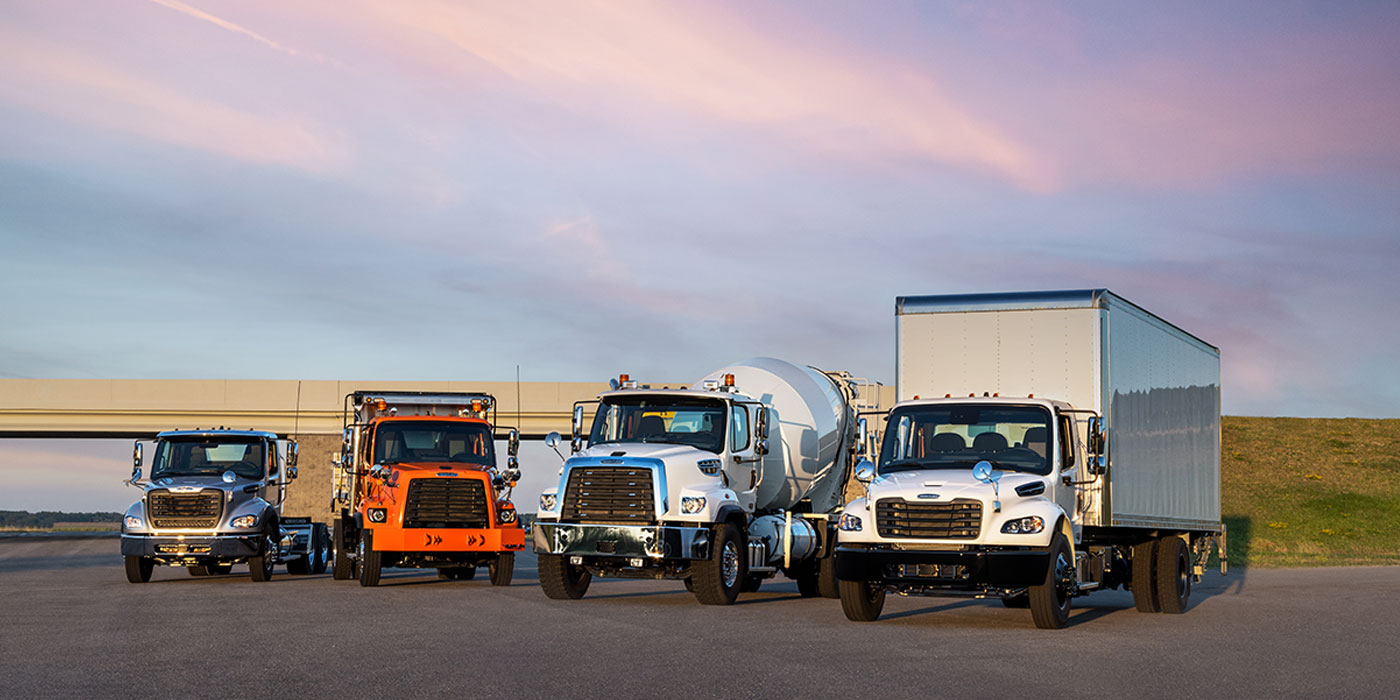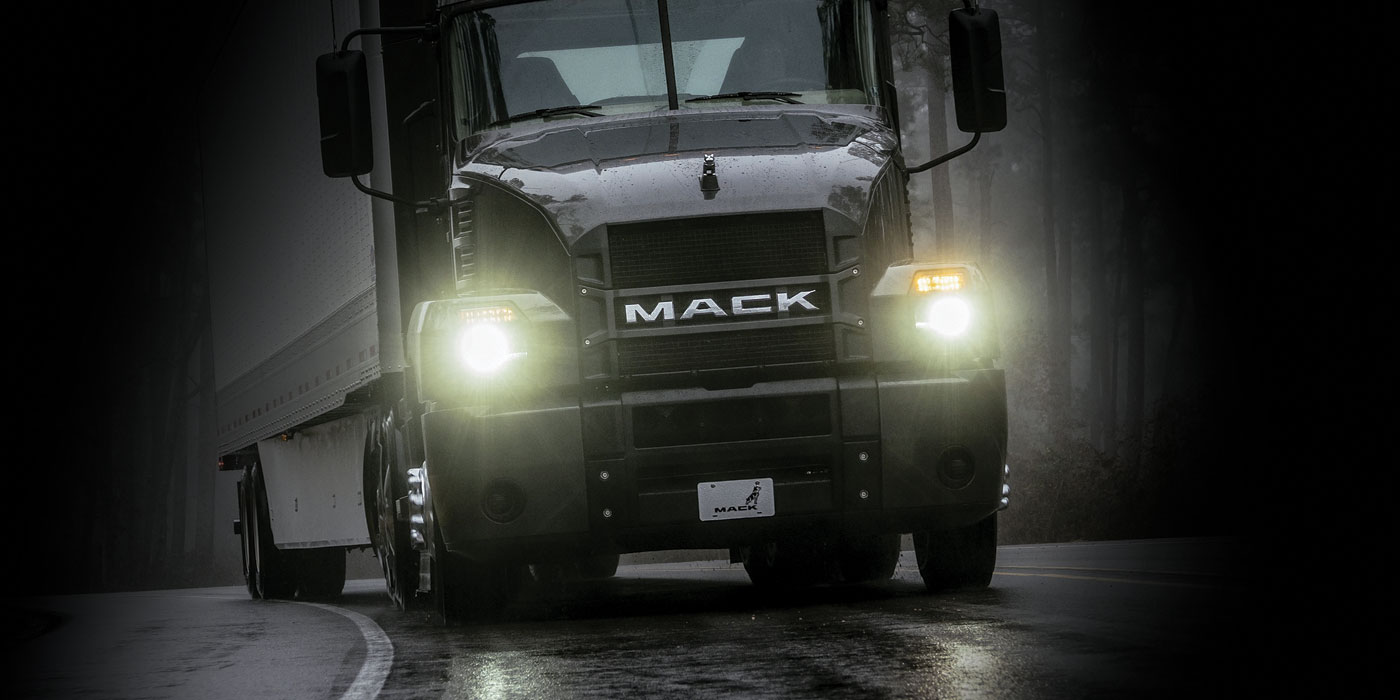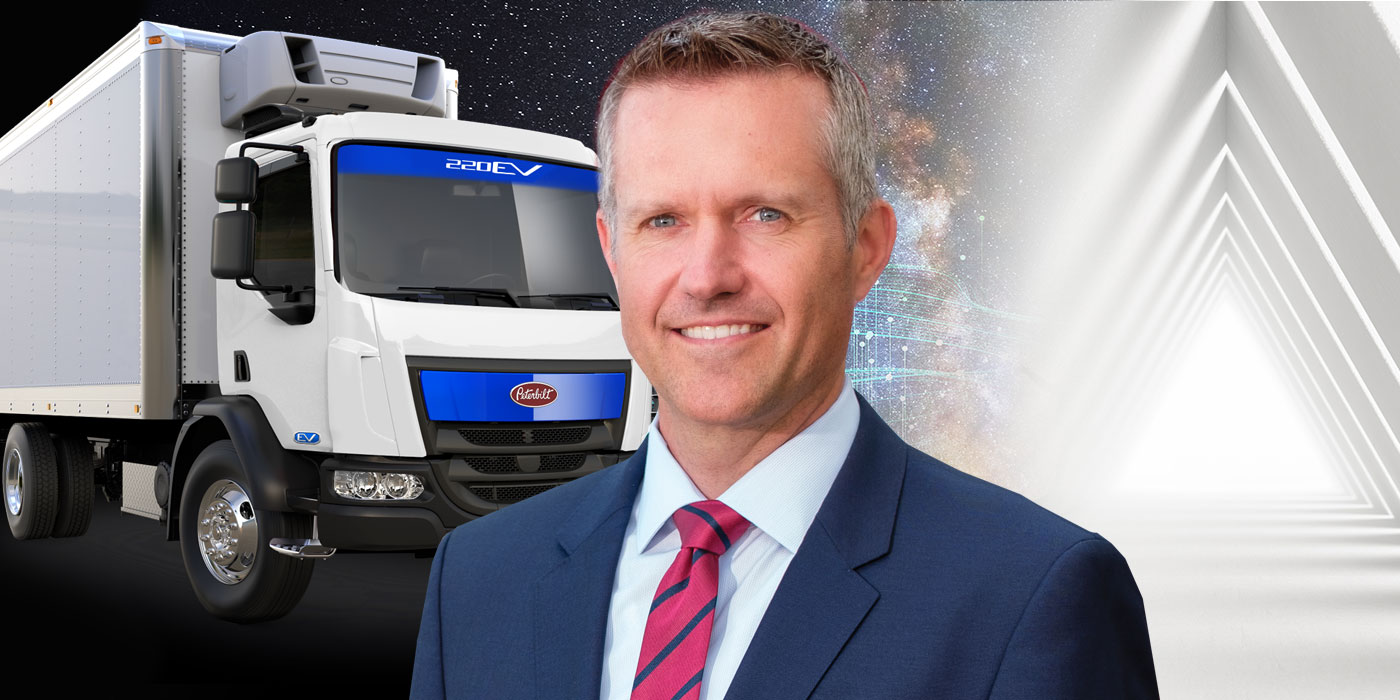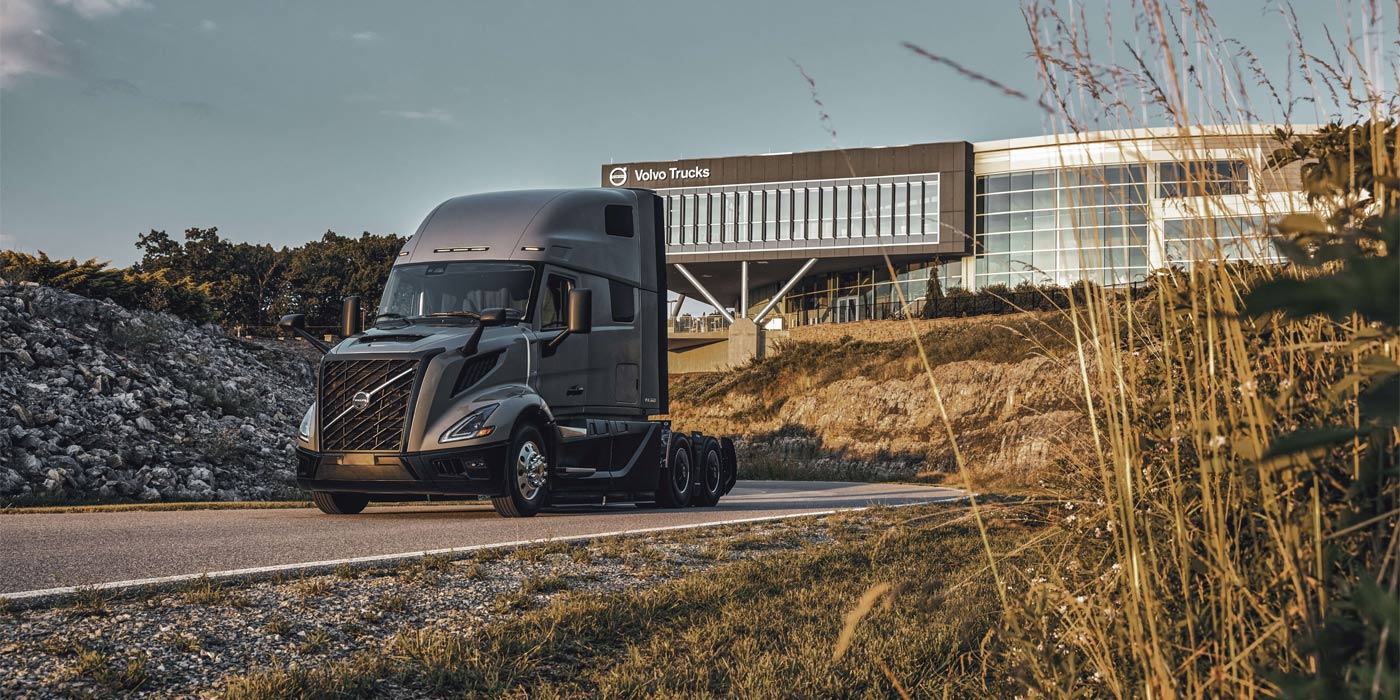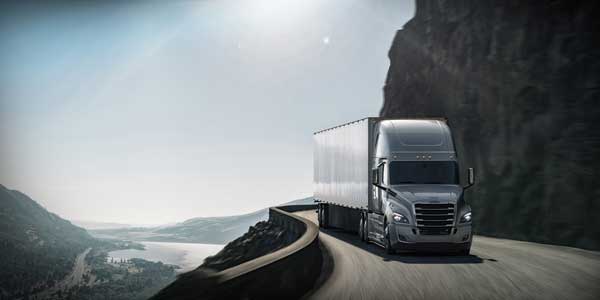
Our August issue cover story that focused on the customized solutions at work today and currently behind-the-scenes at Western Star trucks and the Aftermarket division of Daimler Trucks North America (DTNA) offered so much info that we couldn’t pack it all into the print cover story. Rather than leave that insight on the cutting room floor, we compiled the most quotable material we didn’t use in the story. Check out what else David Carson, Western Star president, and DTNA chief diversity officer, and Stefan Kurschner, DTNA senior vice president, Aftermarket, had to say.
Click here to read the David Carson Western Star Story.
Click here to read the Stefan Kurschner service support story.
Kurschner on stepping into the role of Senior Vice President, Aftermarket:
“There’s not much difference compared with coming into any other role. You have to know your team and draw a baseline. I also had the chance to interact with a lot of customers and dealers right from the start. Feedback is a gift. Sometimes it hurts, but you need it. It draws a pretty good picture of what’s happening. And then it’s all about lining up a clear goal. We had, within DTNA leadership, lots of changes: Roger (Nielsen, CEO) in his new role, David Carson coming in and an operating committee that needed to align itself as well. But we had a clear message from Roger that customer experience is what DTNA is going to focus on. That’s our guiding compass, our ‘true north’, I think it made it pretty clear what that means then for the aftermarket.”

Carson on the customer experience focus:
“The customer experience is a very important initiative at Daimler Trucks North America (DTNA) right now. One of the things that translates into is that we want our brands to kind of harmonize under DTNA. We want to have the best product for the best situation in the best interest of the customer rather than a bunch of internal competitionfor customers. We’ve got work that we’re focusing on within our business on processes on how we spec trucks for the vocational marketplace, and how we represent our products to the customer, whether it’s a Western Star or it’s a Freightliner. We have vocational products within both brands today. We will have vocational products in both brands tomorrow. But the way that we demonstrate our total capability to the customer is something that requires us to be as much DTNA oriented as we are brand oriented.

Kurschner on working within customers’ preferred communication channels:
“We have a lot of customers who still prefer interacting by phone. We’d like to introduce new technology as much as possible, but we cannot leave the traditional way customers are doing things behind. And yes, even fax machines. I’m not a fan of fax machines because they’re slower than some newer methods, but we, to a certain extent, have to accept [the customer’s process] or have a good plan to help a customer change.”
Carson on the service expectations within vocational segments:
“Obviously, any turnaround time in a shop is an important factor for a vocational customer, and the service model in any dealer is important. We have quite a few dealers that have mobile service capabilities. We love that in the vocational arena. Again, it is a significant investment on the part of the dealer, but I think the ones who have done it will tell you that it has been a wise investment and that it has made some significant differences with customers that don’t have the time or the luxury to get that vehicle into a shop. Of course, not everything can be done remotely. There are clearly repairs that can’t be done unless it’s in a shop, but there are some things that definitely can, and if that response time can be reduced, then it’s money in the pocket of our customers.”
Kurschner on the technology driving the truck service experience:
“I think that the speed of change is even faster than I had anticipated. Technology is changing faster than ever and expectations are: ‘You need to increase your speed.’ You might think, ‘Okay, we’re in trucks; we’re aftermarket–it’s going to be cushy for the next two years, and you can lean back a little bit.’ Not going to happen.”






